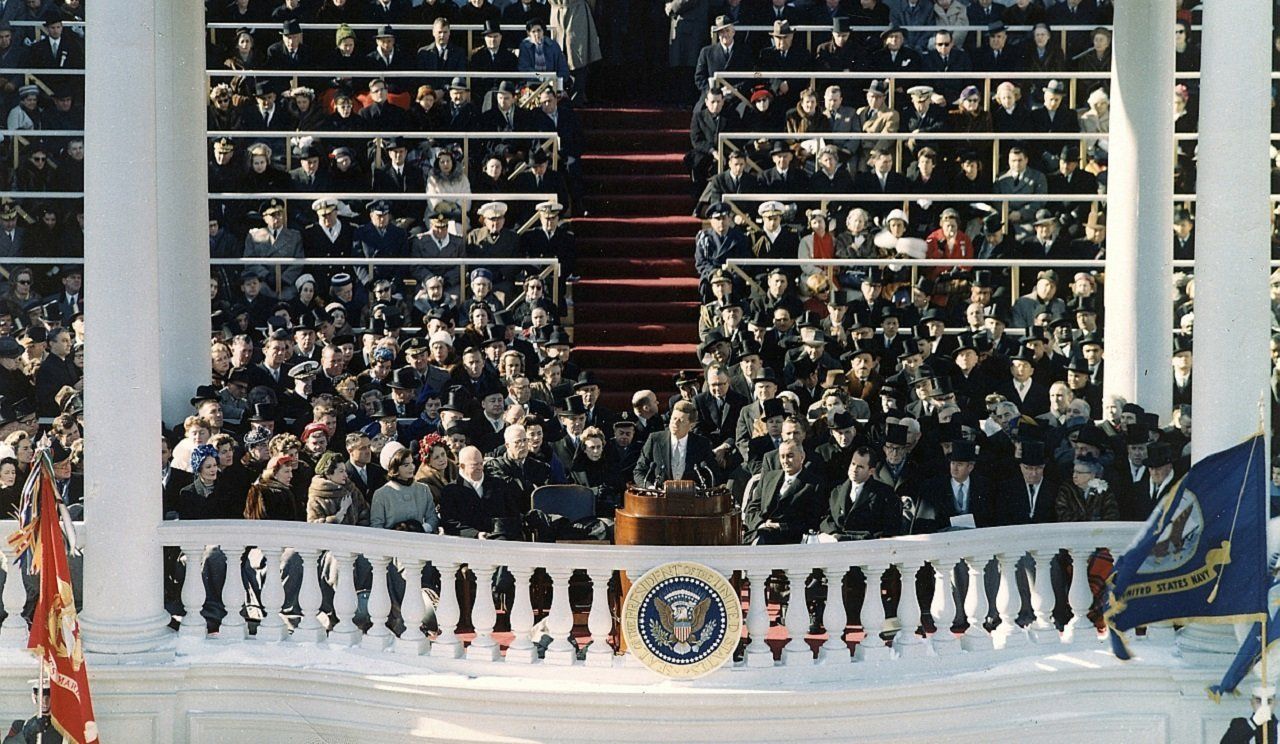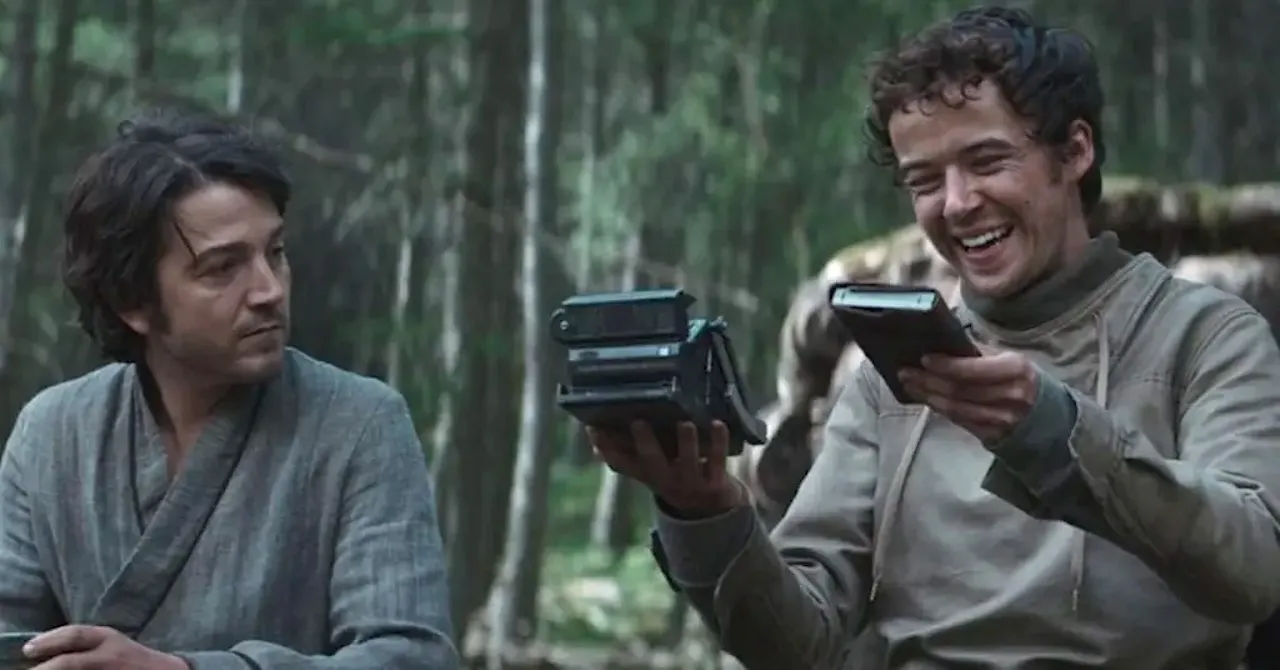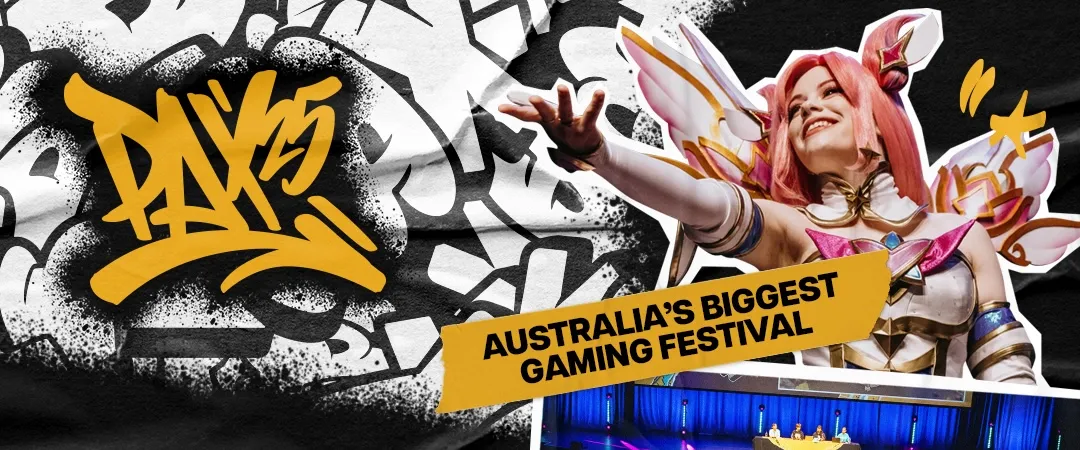Twilight Struggle and why we’re still obsessed with the Cold War
What if a board game could give us the chance to play out the Cold War and figure out just why the US-Russia conflict is so fascinating?

Ice in the blood but not on your hands. You look up to mutter, "No one takes Russia in winter".
The person across from you smiles wryly. Chances are you won't take Russia. It's a balmy summer.
There’s enough nuclear options on the table to make an American wish they were in charge of the whole world’s stockpile. But you’re just a nerd who lives on the fringes of an Australian city that’s about as far removed from a Cold War as it’s possible to be while still hanging out on the same planet.
Welcome to Twilight Struggle.
Avid gamers are likely already familiar with the 2005 board game and its iterations, but there’s something to be said about our collective fascination for this period of history. You could build your whole career on studying mid- to late-twentieth century Western history, so it’s worth asking why we are so obsessed.
Part of Twilight Struggle’s success is tied to its subject matter. The Cold War offers a very specific perspective on warfare; one only made possible by the horrors wrought by the deployment of nuclear weapons upon innocent Japanese civilians. The fear and awed reverence now reserved for nuclear weapons continues to play out today with concerns over armament and a vigilante attitude by the US.
The popularity of Twilight Struggle owes to two key things: that continued fascination for the Cold War period, and the effectiveness of the game mechanics.
The game combines luck and strategy, a popular combination which allows for a serendipity that mirrors our lived experience. Elements of choice in selecting cards to play – and choosing the consequences they offer – sits apposite the luck of the dice.
In this way, Twilight Struggle feels like a real conflict because certainty is always just at the edge of a player’s choices.
Part of the grandeur of this game is the way it is bound to the narrative of the Cold War. This is not a matter of dressing up the game with a setting. The historical context defines the conflict and how it unfolds.
The introduction of early, mid, and late war cards into the deck as the games progresses keeps the war moving along in terms of the historical narrative. For players, this encourages an immersive experience, coming to grips with the details of the conflict, some of which are bound to be familiar and others which encourage deeper reflection.
Games like this engage in imaginative history making by offering the past up in pieces that can be moved or deployed differently to alter the outcome. In the world of the game, these changes produce a new history. The capacity for players to engage in counterfactual history is a big drawcard for those who come to the table with a strong understanding of this period.
Twilight Struggle was released in 2005 and reigned supreme on BoardGameGeek from 2010-2016 as its top game offering. At the time of writing, it still sits in the top ten.
While part of the appeal is the gameplay, another part is the setting. We’re drawn to narratives of empire. This conflict and the major players is the twentieth century equivalent of watching the Greeks face the Persians, or the Romans duke it out with the Parthians. History is writ large in the conflicts of power blocs. The Union of Soviet Socialist Republics versus the United States shows us two powerful conglomerates seeking dominance in a world newly anxious about the complete and painful annihilation offered by a single bomb.
Perhaps we feel the tension more acutely now given the politics and recent history of the 2010s. Russia is blamed for interfering in US elections and Trump’s presidency is defined by his fascination with Russia and his easy access to nuclear weapons.
It seems that maybe the Cold War didn’t end in Berlin in 1989. Maybe what the democratic West viewed as a triumph was merely a setback. Maybe Russia is still playing to win.
Byteside Newsletter
Join the newsletter to receive the latest updates in your inbox.




